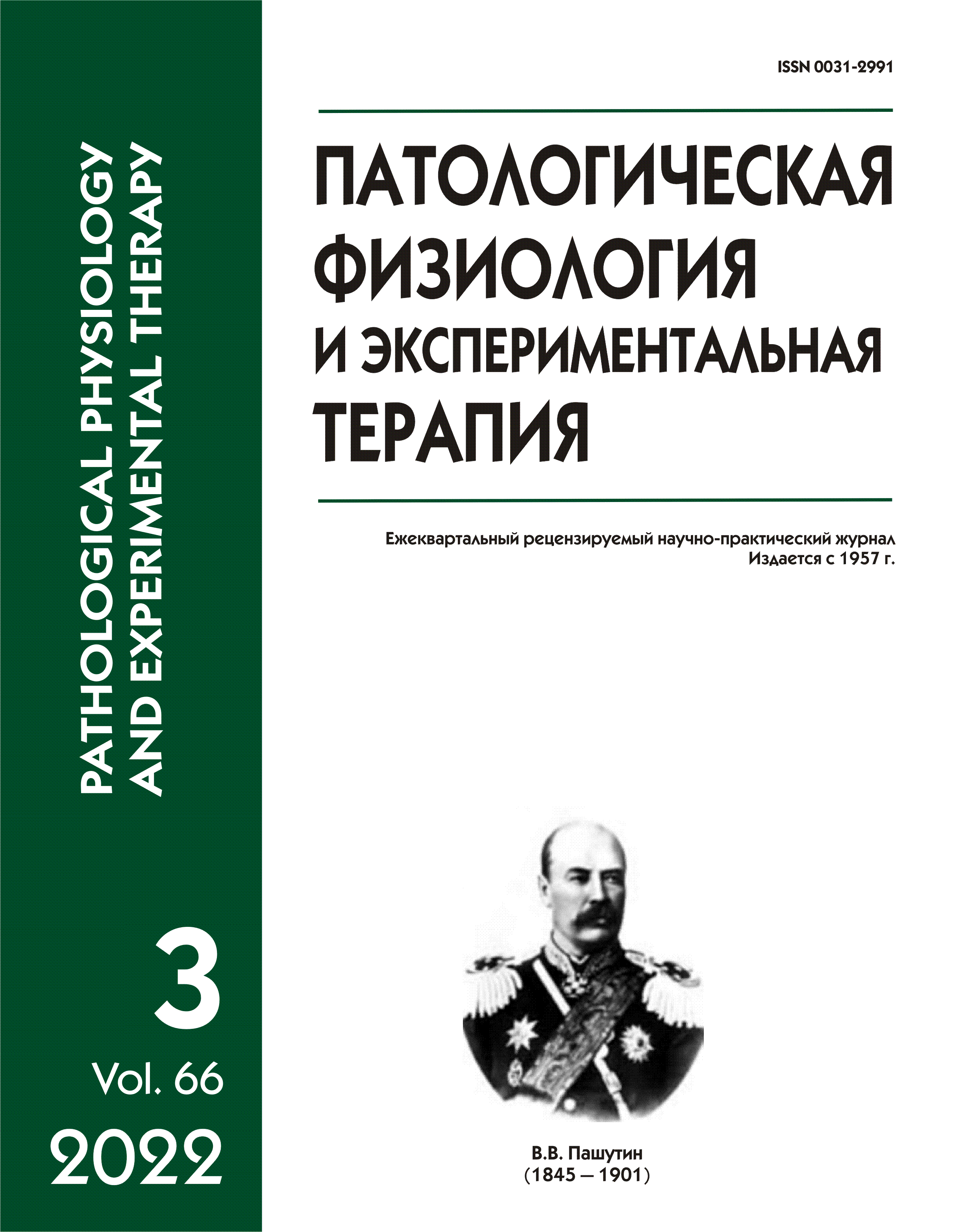Effects of insulin autoantibodies of different orders in pregnant women with type 1 diabetes mellitus on the condition of the newborn
Abstract
Aim. To assess the effect of insulin antibodies of 1, 2 and 3 orders in pregnant women with type 1 diabetes mellitus (DM1) on perinatal outcomes. Methods. ELISA test systems had been developed to detect insulin antibodies of various orders (AT1, AT2, and AT3). 188 women with DM1 aged 19 to 34 years were examined during pregnancy, which ended in childbirth in all cases. All women were divided into groups based on the content of insulin antibodies of various orders during pregnancy. 188 newborns of these women were clinically examined. Results. The most favorable indicators of newborn health were observed in the group of women with a predominant increase in anti-insulin AT1. In this group, significantly (p<0.05) more infants were in a relatively satisfactory condition than in all other groups. The least favorable condition of newborns was observed in the group with a predominant increase in anti-insulin AT2: 22.8% of infants were in a severe condition and 45.7% were in a moderately severe condition (total 68.5%, which was more than in other groups, p<0.05). Anti-insulin AT3 partially neutralized the pathogenic effect of the respective AT2. Conclusion. The predominant increase in anti-insulin AT1, AT2 or AT3 during pregnancy of women with DM1 significantly influences the perinatal outcomes.






